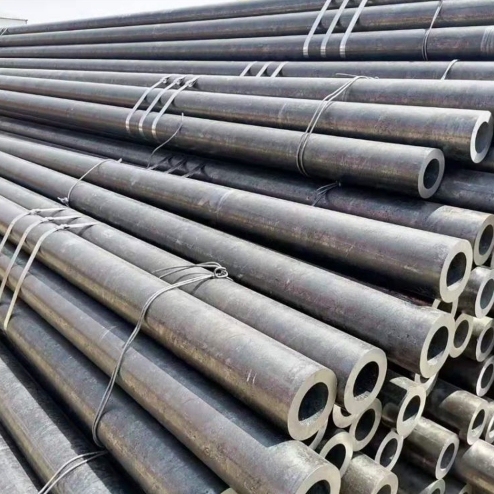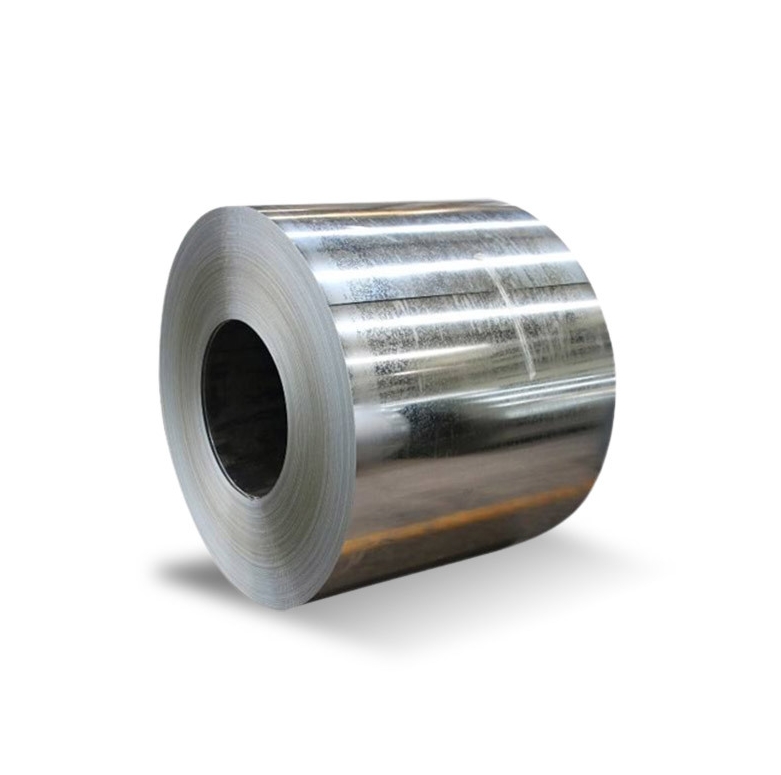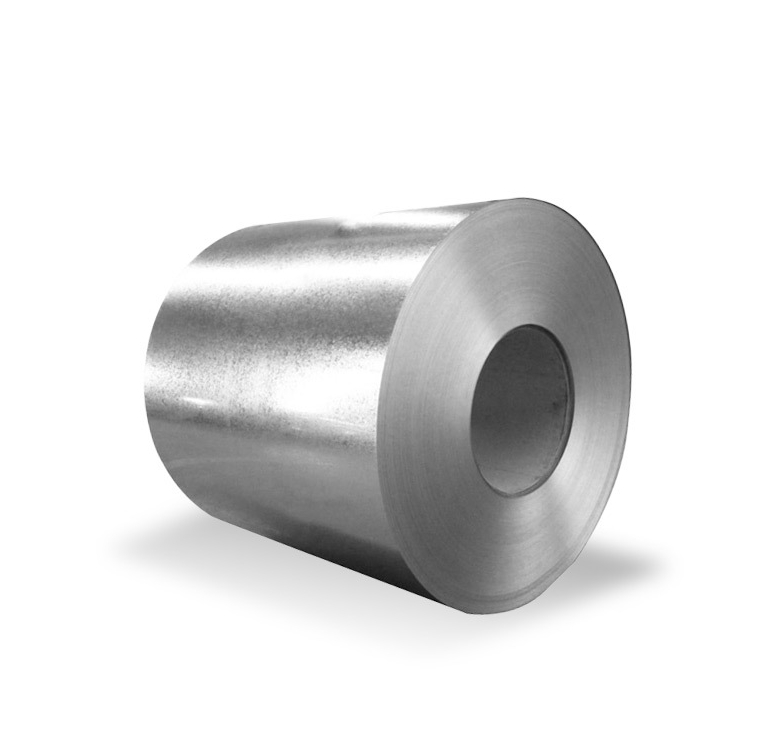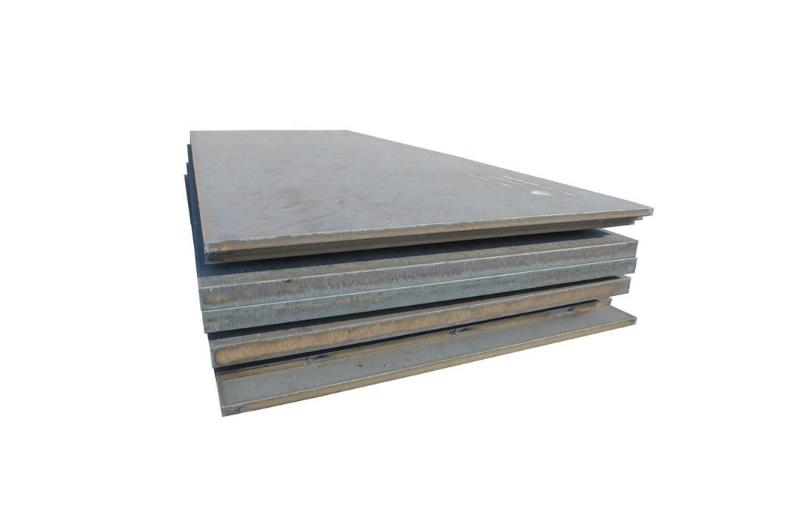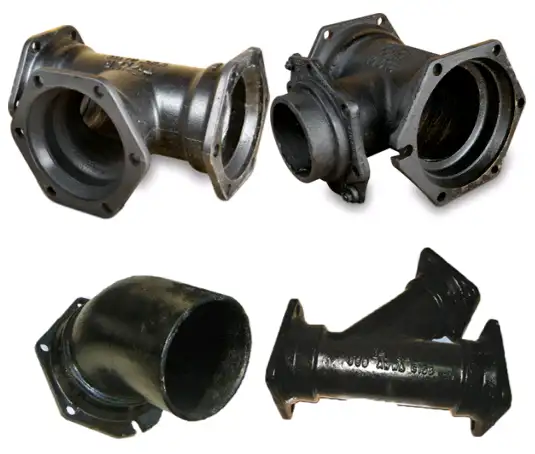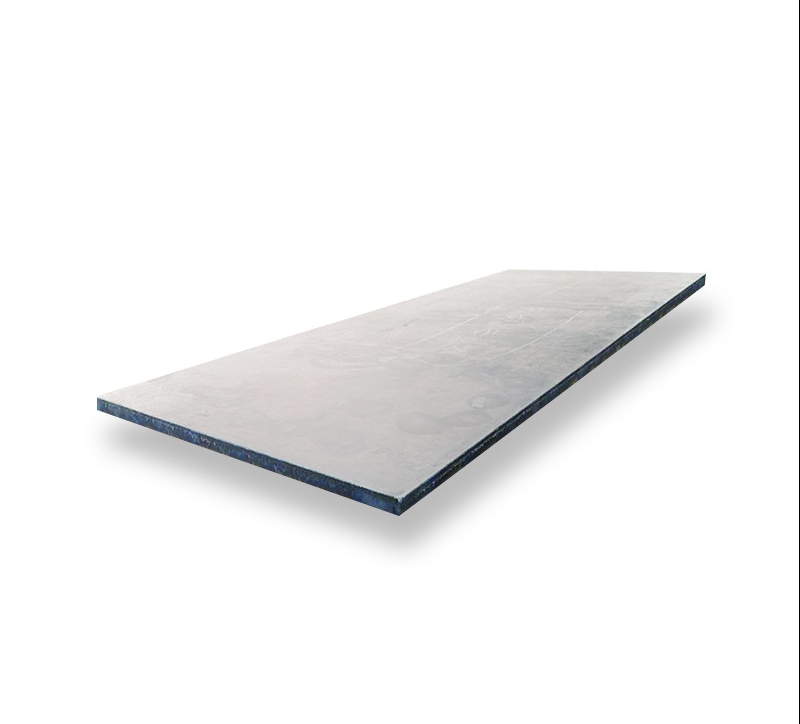Understanding Ship Steel Plate Quotes
A ship steel plate quote is a formal offer from a supplier detailing the price and terms for providing specific steel plates intended for shipbuilding. These quotes are critical for project budgeting and procurement in the maritime industry. Understanding the components of a quote is essential for making informed purchasing decisions.
Key Factors Influencing Prices
Several variables impact the final price of ship steel plates. It’s important to consider these when requesting and comparing quotes:
- Steel Grade: Different grades (e.g., Grade A, AH32, AH36, DH36, EH36, FH36) possess varying mechanical properties and chemical compositions, directly affecting cost. Higher strength and toughness grades, or those suitable for low-temperature service, are generally more expensive.
- Dimensions: Thickness, width, and length of the plates. Non-standard dimensions may incur additional charges.
- Quantity: Larger order volumes may qualify for bulk pricing, though this depends on the supplier and current mill capacity.
- Classification Society Certification: Steel for shipbuilding must be certified by a classification society (e.g., ABS, DNV, LR, BV, CCS, NK, KR). The cost of inspection and certification is factored into the price.
- Market Conditions: Global prices for raw materials like iron ore and coking coal, as well as overall steel demand and supply, significantly influence plate prices.
- Additional Processing: Services such as shot blasting, priming, cutting, or bevelling will add to the base cost.
- Delivery Terms: Incoterms (e.g., EXW, FOB, CIF) define responsibilities and costs associated with transport and insurance.
Obtaining Accurate Quotes
To receive an accurate and comparable quote, provide potential suppliers with comprehensive specifications. This includes:
- Required steel grade and standard (e.g., ASTM A131, EN 10025-2).
- Exact dimensions for each plate type.
- Total quantity required for each item.
- Necessary classification society approvals.
- Any specific testing or inspection requirements beyond standard.
- Desired delivery schedule and port of destination.
- Details of any required surface treatment or edge preparation.
Reputable suppliers, such as Shanxi Luokaiwei Steel Company, will often guide you through the necessary information required for a precise quotation, ensuring clarity and minimizing future discrepancies.
Analyzing a Steel Plate Quote
When you receive a quote, carefully examine all its components:
- Base Price: Usually quoted per metric ton or per piece.
- Extra Charges: May include surcharges for alloys, thickness, width, or length extras, testing, etc.
- Certification Costs: Explicitly stated or included in the base price.
- Processing Fees: For any additional services requested.
- Packaging: Details on how the steel will be packed for shipment.
- Incoterms: Clearly defines where the seller’s responsibility ends and the buyer’s begins regarding shipment and costs.
- Payment Terms: Conditions for payment (e.g., Letter of Credit, T/T), including any advance payment requirements.
- Validity Period: Steel prices can be volatile, so quotes are typically valid for a limited time.
- Lead Time: Estimated time from order confirmation to readiness for shipment.
Tips for Buyers
- Compare Multiple Quotes: Obtain quotations from several suppliers to compare not just price but also lead times, payment terms, and supplier reputation.
- Verify Credentials: Ensure the supplier can provide valid Mill Test Certificates (MTCs) traceable to the steel and the required classification society certificates. Dealing with experienced manufacturers like Shanxi Luokaiwei Steel Company can provide assurance of quality and adherence to strict shipbuilding standards.
- Clarify All Costs: Make sure there are no hidden charges. Understand the total landed cost if possible.
- Communicate Clearly: Maintain open communication with suppliers like Shanxi Luokaiwei Steel Company to ensure all requirements are understood and met, potentially avoiding costly errors or delays.
- Consider Long-Term Relationships: While price is important, building a relationship with a reliable supplier can offer benefits in terms of service, quality consistency, and support.



